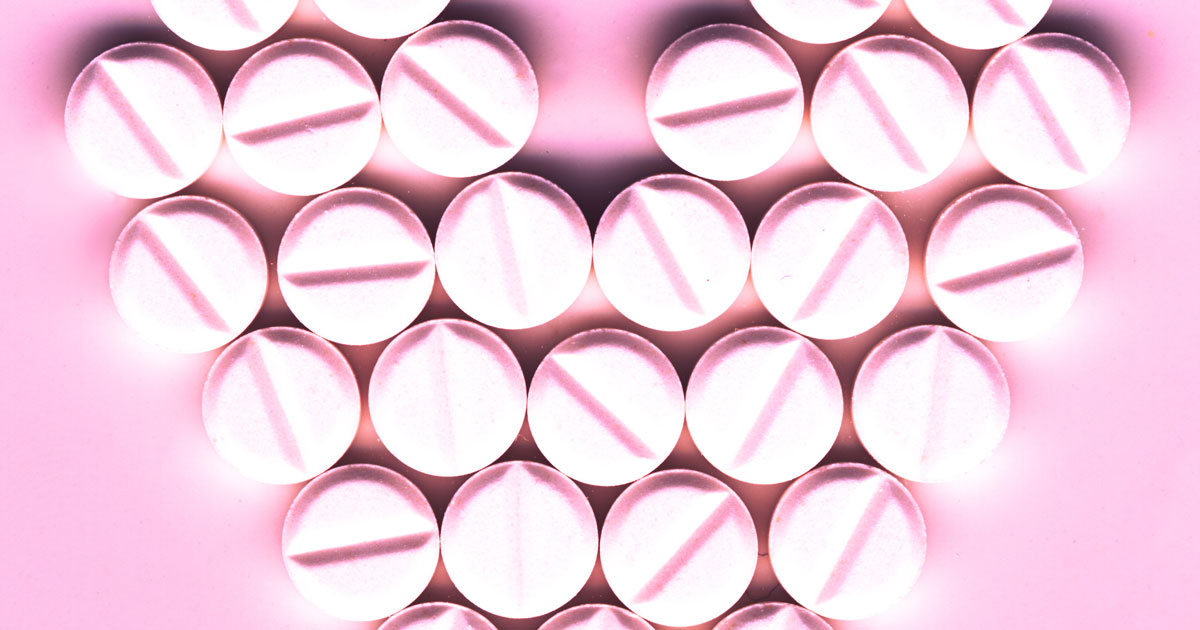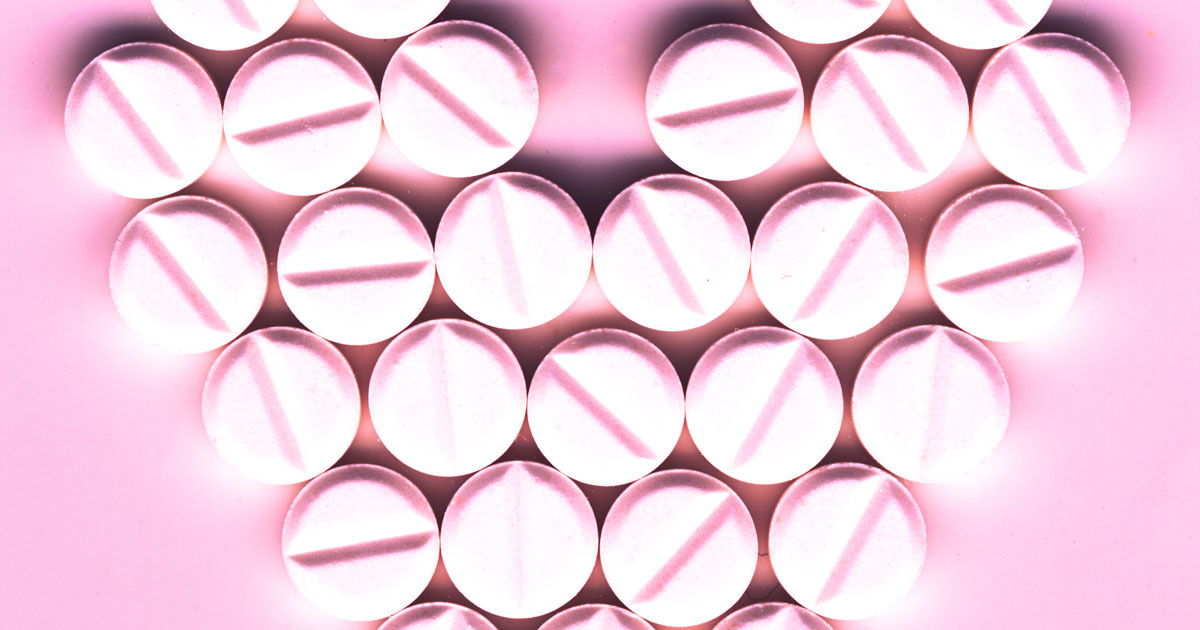
We at Grand Rapids OB/GYN are thrilled to share the announcement made by the FDA in August that the first medication for Female Hypoactive Sexual Desire Disorder (HSDD) has been approved!
This medication has been a long time coming, having been sold by one company and denied approval on two previous occasions, due to safety and efficacy concerns. However, on June 4, 2015, the senior advisory committee to the FDA recommended it for final approval. And, voila! Manufactured by Sprout Pharmaceuticals, it is slated to be available starting October 17, 2015. Before you start throwing elbows to get to the front of the receiving line, here are a few tidbits to ponder:
First of all, while this medication has been called the "Female Viagra," it's important to know that it is nothing like Viagra. Flibanserin (trade name Addyi) works to improve female libido via regulation of the neurotransmitters serotonin, norepinephrine, and dopamine. This restores the appropriate balance of excitatory and inhibitory reward structures, allowing women with HSDD to feel sexual desire. Conversely, Viagra does nothing to improve male libido; it simply increases blood flow when a man is aroused to help him achieve and maintain an erection. Translation: Women tend to have sex with their brains, while men use, well, a different organ.
A good deal of controversy has surrounded the release of Flibanserin, much having less to do with the actual medication and more to do with the diagnosis. An HSDD diagnosis is made by a trained specialist, who has determined that the patient suffers from persistent or recurrent lack of sexual desire and sexual fantasy, and is thus under marked personal and relational distress. Other psychiatric-, medical-, and medication-induced reasons for these symptoms need to have been ruled out. HSDD was first recognized in the medical literature in 1977 (Singer Kaplan 1977). Since then, several studies have shown differences in the brain imaging between women with HSDD and women without HSDD. This serious disorder can significantly affect quality of life, relationships, self-confidence, and self-image. Research has shown that 5.5 to 8.6 million premenopausal American women suffer with HSDD.
"I understand the skepticism of the pharmaceutical industry and their desire to make money—but seriously, someone has to help. I wouldn't expect anyone could put the amount of research and development necessary into something like this for free!" said Nisha McKenzie, PA-C. "This is no more a made-up diagnosis than is ADD or Autism. It could certainly fall into the category of underdiagnosed or overmedicated though, which is why education and further research are so important. I have counseled countless couples in loving, caring relationships where the passion, the intimacy, and the sex are stagnant. I have seen this tear down even the strongest relationships."

Sometimes therapy can help. Sometimes, not always, off-label medications can help. Women are being prescribed off-label medications every day—meaning the FDA has not approved them for said use, and we do not know the risks and long-term effects of this use. Women are being treated with muscle relaxants, stimulants, antidepressants, analgesics, nerve injections, and testosterone, none of which have been studied or proven for the use of HSDD.
With Flibanserin, one of the longest-studied medications the FDA has ever brought to market, we have some ground to stand on. The research into this medication has been extensive, so we are aware there are real risks that cannot be ignored. Women wanting this medication will need to be enrolled in a registry and will be able to have this prescribed only by a certified and trained provider and pharmacy. It is not indicated for postmenopausal women or for men. And alcohol is an absolute no-no! (That receiving line may have just shrunk by half). Common medications such birth control pills and Diflucan, the magical yeast infection pill, also have interactions with Flibanserin. The medication can cause issues with dizziness, fatigue, nausea, low blood pressure, and fainting, to name a few.
"My hope is that although this medication will not be appropriate or effective for everyone, it has opened a door—a door for understanding, for further funding, for research," McKenzie said. "These women, these relationships, deserve help. There have been many limitations to how we can help our patients achieve improved sexual health. As of August 18, 2015, one of our major roadblocks has been broken down."
For help finding a medical provider who specializes in sexual health, visit these websites:
- American Association of Sexuality Educators, Counselors and Therapists (AASECT)
- North American Menopause Society (NAMS)
- Grand Rapids OB/GYN
Contributed by Grand Rapids OB/GYN.




